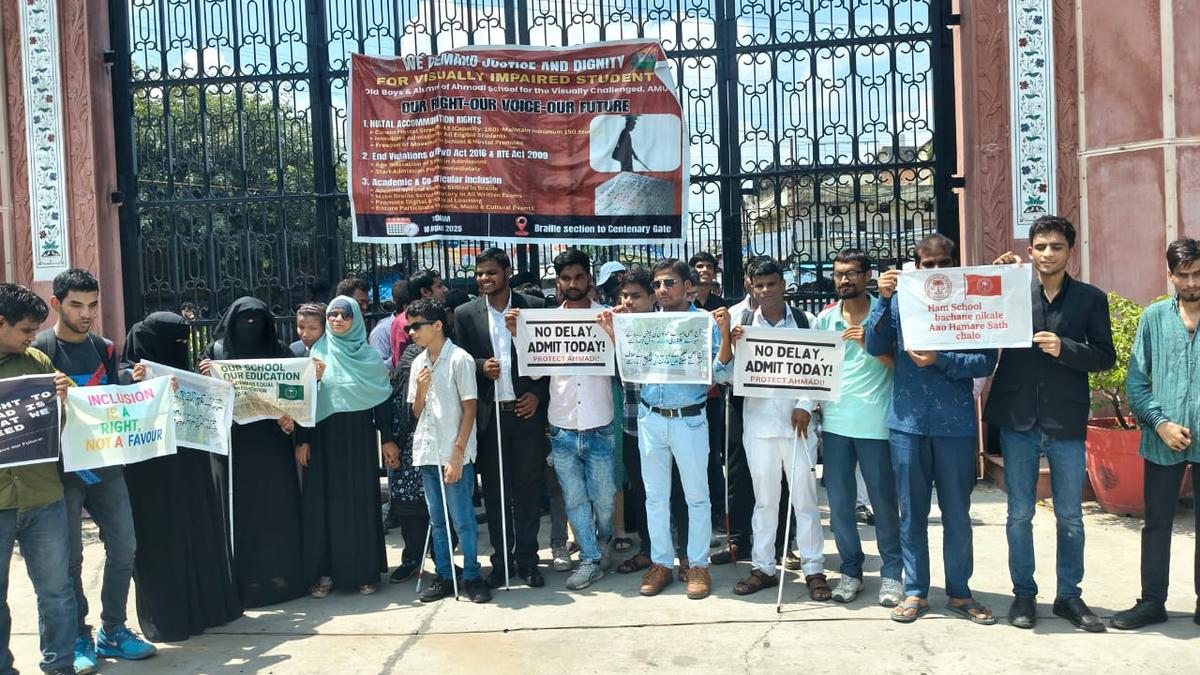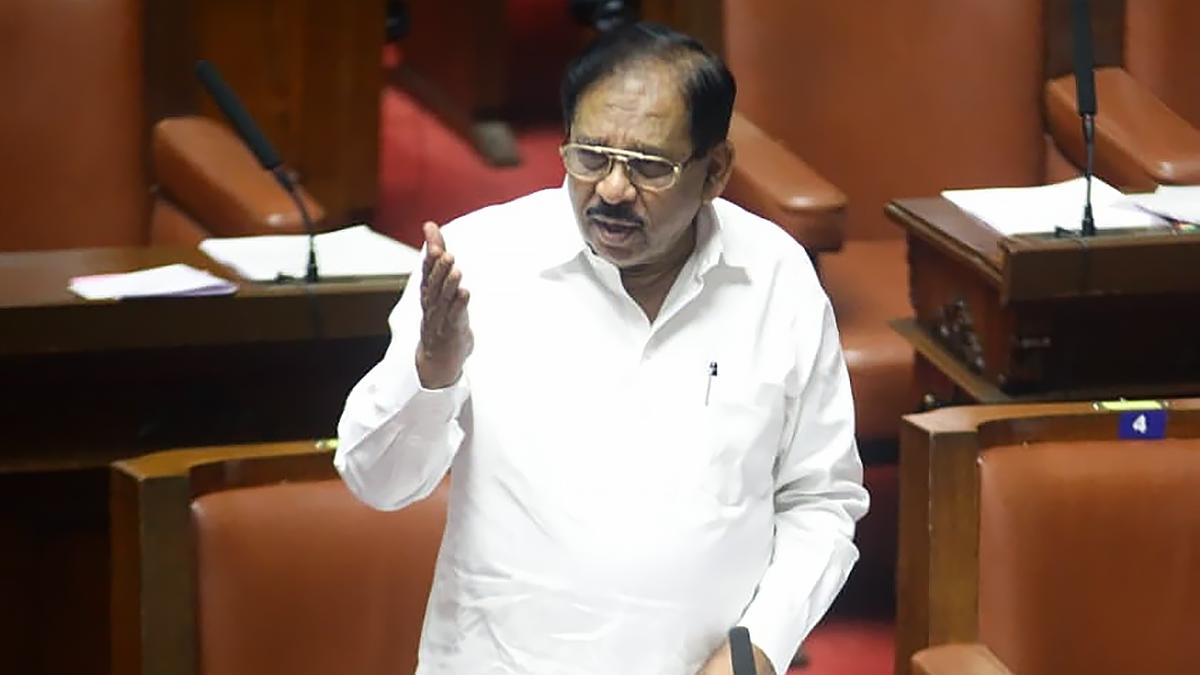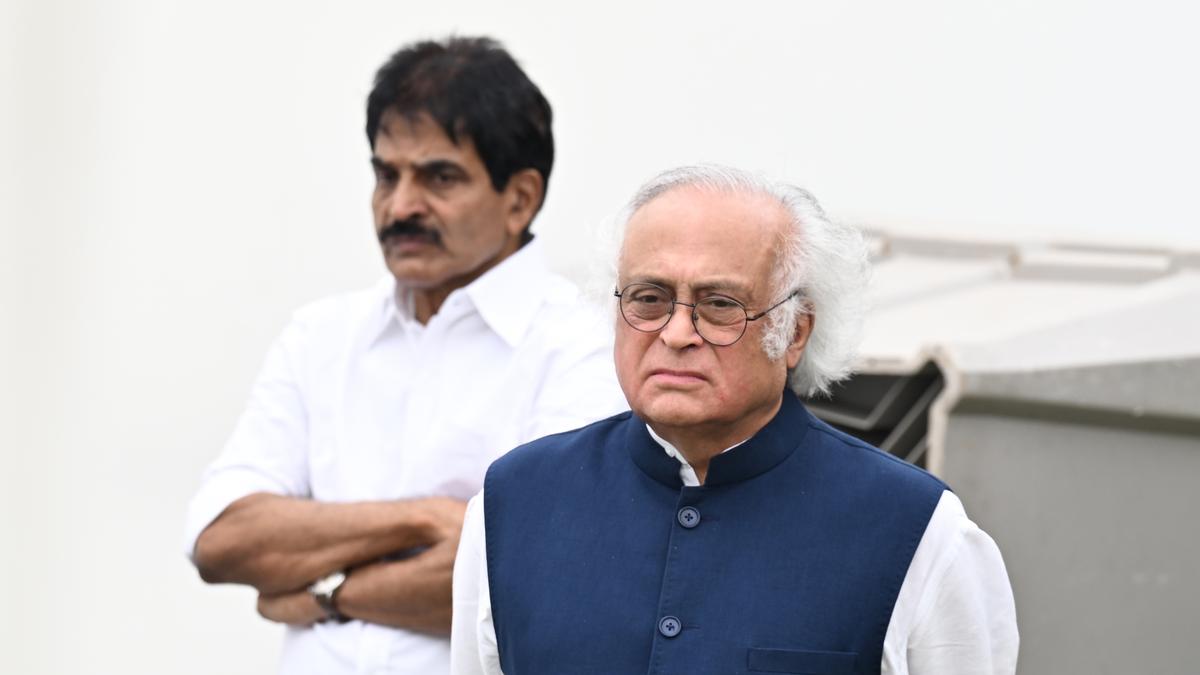Now Reading: Visually Impaired AMU Students Protest Hostel Denials, Seek Special Educators
-
01
Visually Impaired AMU Students Protest Hostel Denials, Seek Special Educators
Visually Impaired AMU Students Protest Hostel Denials, Seek Special Educators

Quick Summary
- Protests: Visually impaired students of Aligarh Muslim University (AMU) protested on august 18-19, 2025, over underutilization of hostel accommodations and lack of special educators at the Ahmadi school for the Visually Challenged.
- Grievances Submitted: A Memorandum listing grievances was sent to AMU’s Vice-Chancellor. Earlier interaction from May 2024 resulted in a three-member committee being formed, but its findings were not disclosed.
- committee Members: Mohammed Azam Khan (Deputy Director – Economics), M.K. Pundir (Disability Unit Coordinator – History), Faisal Nafees (Principal – STS School). Students expressed concerns over the absence of visually impaired representation in this committee.
- Hostel Issues:
– Despite hostels’ capacity to accommodate ~160 students, only ~40 reside there.
– Allegations that students are denied accommodation despite availability and that some are pressured into becoming day scholars by their parents under duress regarding certificates.
- Age Relaxation Demand: students demanded five-year relaxation in admission upper-age limit for persons with disabilities as per RPWD Act provisions; currently, it is indeed limited to two years.
- Staff Shortages:
– Lack of Braille-proficient educators,special educators,trained staff,and inclusive learning tools raised concerns about compliance with Section 3 of the RPWD Act.
ahmadi School for the Visually Challenged dates back to its founding year in 1927. Its management was taken over by AMU in 1949. AMU has yet to respond publicly on these issues.
Indian Opinion Analysis
the protests at AMU highlight systemic challenges faced by disabled communities within educational institutions-underscoring areas such as physical accessibility and availability of specialized resources required for inclusive education. The reported underutilization of hostel space combined with allegations involving coercion reflect inefficiencies that may contribute not just to educational inequality but also impact trust between stakeholders.
the request for an extended age relaxation aligns with legal frameworks like the RPWD act designed to address barriers disabled individuals face due to societal delays or exclusions-but implementation requires careful adherence across all institutions specializing in inclusivity.
Lastly, meaningful inclusion often demands representation; therefore critics’ concerns about visually impaired individuals being absent from decision-making committees represent valid questions about whether specific needs can be fully understood without direct familiarity or experience.
Read more: Link

























